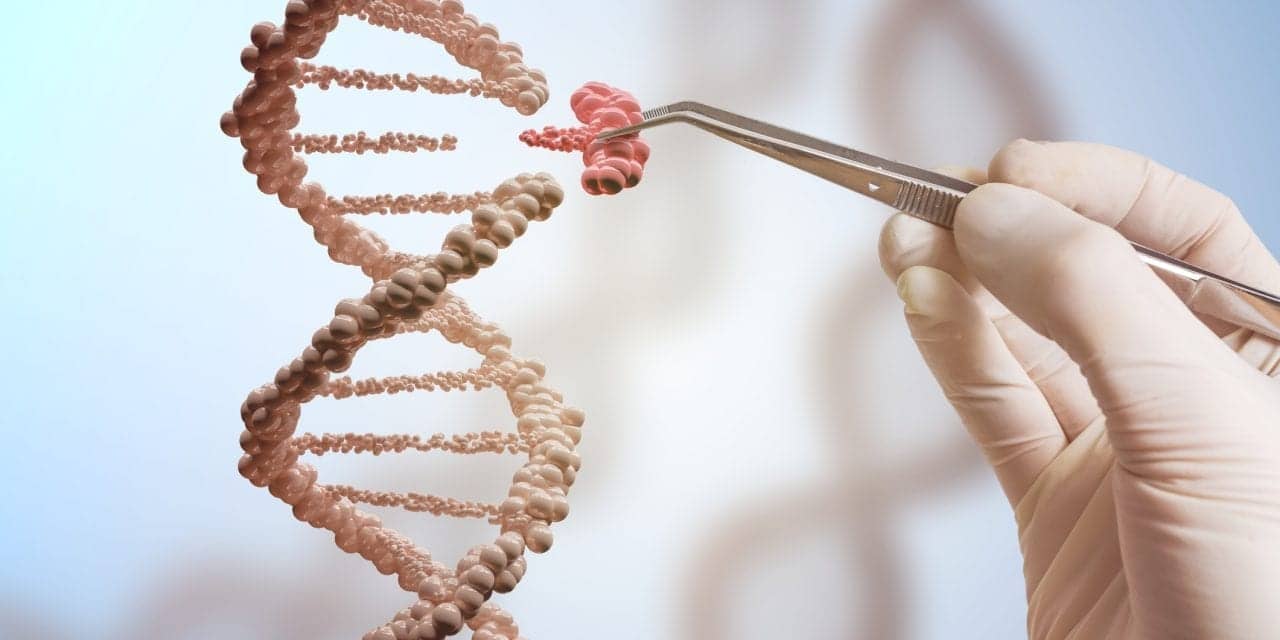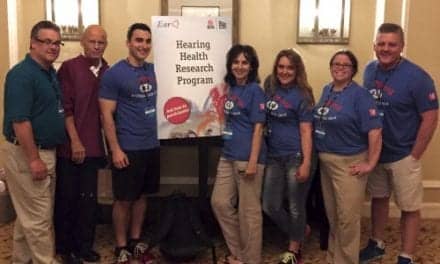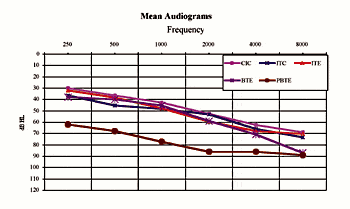New research led by Manchester University NHS Foundation Trust and The University of Manchester could revolutionize the diagnosis and treatment for people with Perrault syndrome, a rare genetic condition resulting in hearing loss in men and women, and early menopause or infertility in women. An article detailing the research appears on the University of Manchester’s website.
Related article: Researchers Discover Mutations Associated with Perrault Syndrome, a Rare Hereditary Form of Sensorineural Hearing Loss
The research, published in the American Journal of Human Genetics, was funded by organizations including, the National Institute for Health Research (NIHR) Manchester Biomedical Research Centre (BRC), Action Medical Research, and The Royal National Institute for Deaf People (RNID).
The international collaboration was led by Professor Bill Newman, consultant at Manchester University NHS Foundation Trust, and genomic solutions associate lead for Manchester BRC’s Hearing Health theme.
The theme improves the lives of adults and children by preventing potentially devastating congenital deafness, diagnosing acquired age-related hearing deficits, and developing new treatments. Professor Ray O’Keefe, professor of molecular genetics at the University of Manchester, co-led the study.
Newman, who is also professor of translational genomic medicine in The Manchester Centre for Genomic Medicine at The University of Manchester said: “Providing more families with an accurate diagnosis for their child’s health problems removes the need for unnecessary investigations, allows closer monitoring to spot problems earlier – and enables accurate genetic counseling for other family members who may be at risk.
“This research began 10 years ago at Saint Mary’s Hospital, when we saw a local family who had Perrault syndrome. We undertook some genetic studies and identified a novel gene and changes in that gene that caused that diagnosis in that family.
“For a lot of genetic conditions there is just one gene that is responsible for those health problems. After sharing our discovery we had requests from around the world asking us to undertake tests in their patients, to see if they had changes in this same gene. Although patients had the same conditions as the Manchester family, we weren’t finding changes in this same gene. That made us think there must be other genes involved. Working with others around the world we have now identified eight different genes that can cause this same condition.
“We know these genes are important in a part of the cell called the mitochondria, known as the energy bundles of the cell, we know that some tissues in our body are very susceptible to when the mitochondria don’t work, and that’s why we believe these hearing and ovarian problems occur.
“As girls do not usually receive this diagnosis until puberty, earlier diagnosis would help young women to make decisions about preserving their eggs before menopause, to allow reproduction options later in life. Babies with significant hearing loss will now be screened for changes in these genes so that we can identify earlier if they have Perrault syndrome. This has potential life-changing impact for families.”
Dr Ralph Holme, director of research and insight at RNID said: “We are delighted to have been able to help fund this important research. Not only will it directly benefit families with this specific type of hearing loss, but a deeper understanding of the biological processes involved in hearing are likely to have wider implications, providing insights into more common forms of hearing loss.”
Newman added: “Understanding that many different genes and changes in them can cause the same condition helps us to think in terms of new specific treatments. Going forward, knowing that these genes are all linked together means that perhaps it would be possible to create a treatment that would work for all of them.”
Original Paper: Hochberg I, Demain LAM, Richer J, et al. Bi-allelic variants in the mitochondrial RNase P subunit PRORP cause mitochondrial tRNA processing defects and pleiotropic multisystem presentations. American Journal of Human Genetics. 2021;108:1-10.
Source: University of Manchester, American Journal of Human Genetics




